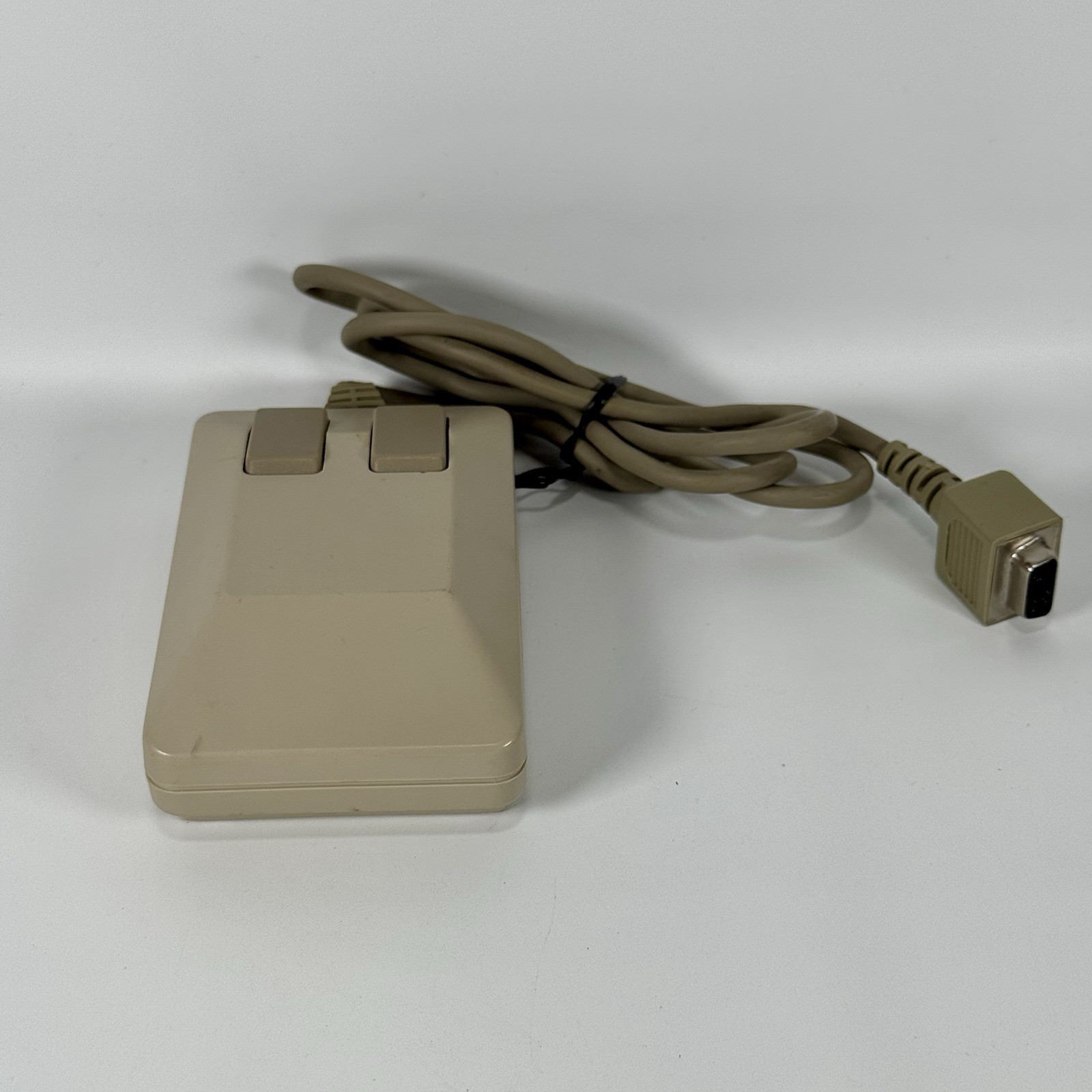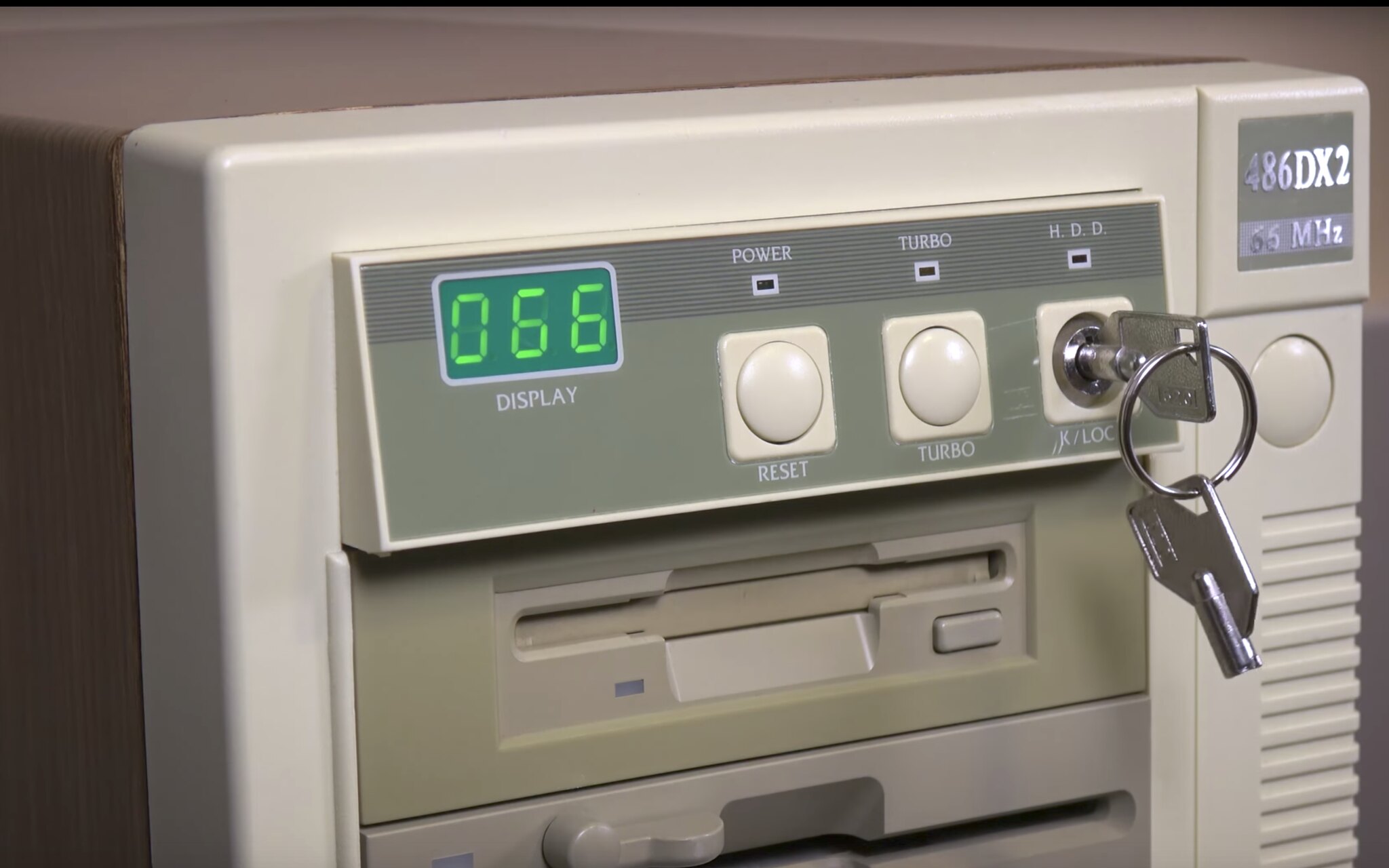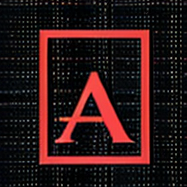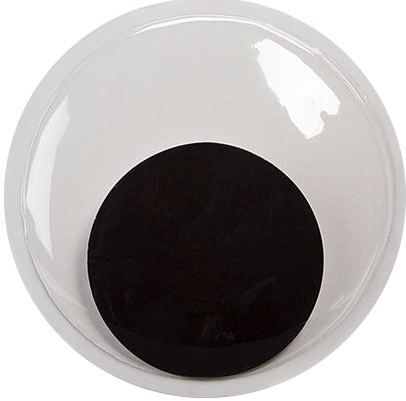I raise

edit, actually, it might have been on the back…it’s been forever since I touched one

I’ll see your raise, and up it:

Please,

I always see those videos where people give kids a walkman or a rotary phone and ask them to figure out what it is or how it works. I’m imagining some medieval merchant handing me an abacus and laughing because I can’t figure it out.
It’s little endian, so the beads on the far right are used to outnumber the big endian beads at the top on the woke left. After several computations, the middle section is just gone
Tried reading about endianness once. Pretty sure it can’t be dumbed down enough for my brain.
You know how some languages write left-to-right, and some rught-to-left? Endianness is that, for numbers.
Or another analogy is dates: 2025/12/31 is big endian, 31/12/2025 is little endian. And 12/31/2025 is middle endian. Which makes no sense at all because the middle is, by definition, not an end.
I stand corrected. No idea what I was reading (several years ago), but whatever it was made it seem way more complicated. Maybe it was just an explanation from somebody who didn’t know.
Big Endian Little Endian: "1010" "1010" |||| |||| [1248] [8421] (sum the numbers corresponding to a 1) 1+4=5 8+2=10Depending on whether the order of binary comes from the left (Big Endian) or from the right (Little Endian), the binary number of “1010” can equal 5 or 10
(My original comment was buzzword nonsense though)
Ouch. I had to learn endianness once to solve a real life serialization bug. It sucked. I learned it for just long enough to correct the code for the corner cases involves, and then slept and forgot everything about it.
Young whippersnappers.

You kids don’t know how good you have it!


At least you have hands! I had to get my fabricated from the town blacksmith.
Ooh ooh ooh?
Fun fact, the Romans would never have labeled their abacuses like this. It would have made calculating very difficult; they effectively worked with modern numbers in bead form, and then used the famous numeral system just to record the results.
Don’t buy copper from this guy, it’s low-quality and your messenger will be treated with contempt.

Represent!
We had one of those in school. One per classroom. We had one educational game on it. Since there was only one, they would sit us down at it in pairs and we’d get 5m to play on it. I think I got to use it maybe three times in a given year.
My buddy still has one of those in his garage.
This. this is my childhood. Digging through discount bins at blue light specials in Kmart for cartridges and copying BASIC line by line from a magazine and recording it on cassette tape so we could play Yahtzee on the TV.
My brother in Munchman, Alpine, and coding racist stuff out of the book.
My age in fond memories:


I don’t have long for this world…
Me too… my first code was for Commodore PET. Then I got an Amiga. Sad day when Commodore folded.
On the Amiga’s 40th birthday I brought the old Amiga 500 out of storage to the dinner table and we had cake. Just realized I should do the same with the Atari ST, for more cake. I think my family tolerates me because of the cake.
Then you will enjoy the news that Commodore was bought recently and they want to build new equipments, starting with a C64.
Ooh, I had a serial mouse (9 pin) from Microsoft of all companies, in the 90’s.
Damn good mouse.
Microsoft used to make good peripherals
I’m still using that mouse, with a 9-pin to ps2 and a ps2 to usb
there must be some noticeable latency on that
BTW, Commodore got bought out.
They are releasing C64 again.
I wonder if this will be like the VCS. I have one, and its awesome for the price if you like to tinker.
Oh yeah? I raise you stacks of perforated pages and tractor feed accordions
I worked at a place using a dot matrix printer… in 2013. 😱
Yeah, if you can keep them running, they’re surprisingly efficient. And they hardly ever jam. But all the printouts look like garbage and feel like you’re trying to interpret ancient runes. When we got our first inkjet printer at home, I suddenly struggled to read anything from the ol’ dot matrix.
Its on the side. You can kind of see it in your picture. I have a C64 within arms reach.
Bonus points if you had a mouse to use with GEOS:

Mine didn’t have a connector it was a membrane
Check this out:

This was why I got into programming.
I still have the book:

It’s so cool:

Lemme know if you want to see more. I thought it’s awesome.
I have to find my UHf dongle, and it looks like I was playing Star Strike the last time, but I will get this running. I have the manual, after all.


edit, actually, it might have been on the back…it’s been forever since I touched one
It was along the right side. I remember it helped to sit a little bit to the right, or angle the keyboard a bit, when playing a two player game, so that the leftmost player’s joystick cord would reach.
Big keyboard jack, serial for mouse, parallel for printer

Don’t forget the serial input for gamepads and joysticks in the dedicated sound board for some reason
Except that wasn’t a serial port, it was midi, and the reason it was on the sound card was because the input was analog.
Your joystick was just two fancy potentiometers, and your soundcard decoded the voltage on the middle legs into a position.
Soundcards handled joysticks because they had the fastest ADCs.
They didn’t even use an ADC. They used 555 timers to produce a pulse. They measured the length of the pulse to determine the potentiometer position. Since there are 4 analog inputs, they typically used the 558 timer which is the quad version of the 555.
I here I thought I had it all figured out. But it does make sense. Doing it wirh an analog signal introduces noise and measuring pulse widths is going to be simpler.
Wow, 30 years later and I’m just learning this now. Thank you
More info: https://en.wikipedia.org/wiki/Game_port
The 15-pin D-sub connector itself was apparently a combination of analog and digital. It had to be, since MIDI is digital (it’s right there in the name: Musical Instrument Digital Interface). TIL it wasn’t all digital.
Early PC only had 5 card slots, and the only jack on the motherboard was the keyboard. One slot is going to be used by a video card, one’s probably being used by a hard drive controller, one’s probably used by a parallel + serial card. Soundcards also included controller ports to try to save a slot.
I thought sometimes they called them game ports (for the joystick.)
I reasoned if you are installing a sound card, you are probably doing some gaming, so it made sense to sort of bundle those together.
And because the PC only have 1 serial port, you disconnect the printer and use a parallel to serial adapter.
And because the PC only have 1 serial port, you disconnect the printer and use a parallel to serial adapter.
@josefo@leminal.space @JoMiran@lemmy.ml
Technically speaking, the joystick involved analog voltages to be converted to digital signals… And what else have ADC (analog-to-digital converters) chips? Soundcards, because ADCs are used to convert mic input, alongside the “line in”, both of which are analog voltages, into PCM signals, which are discrete (as in “non-continuous”) streams of bits. Something inverse happens for “headphone”, “speakers” and “line out” pins: a PCM stream coming from the sound driver is converted to analog voltages using a DAC.
While other ports also happened to deal with analog<->digital conversion, a soundcard was particularly specialized at this job, alongside graphic (VGA) cards (VGA has lots of analog signals), but graphic cards were already too busy with thousands/millions of pixels and, well, with computation of graphics.
Other boards aren’t so fitting for analog-digital job. For example: a NIC (Network Interface Card) already deals with digital signal so, theoretically, no conversion is necessary from/to analog. Parallel ports (those for printers) also natively deals with digital signals. Expansion cards with USB ports, same thing. And so on…
(Apologies for my blank reply if my deletion didn’t federate due to insufficient Sharkey-Lemmy federation, I mistyped enter as I was getting ready to write my message)
Nailed it! I was going to post the DIN-5 kb connector.
Yes, this is where my PC master gaming started.

They all got bought by acer and turned into the shittiest brand-name PCs on the planet.
Wasn’t gateway already shitty to begin with?
This one for me. Was born in 82.
Born in '88 and this was also my childhood. But to be fair, my parents bought the PC from Sears so it was probably an older, budget model. It ran Windows 3.1 and had a 16 MHz 386 with the Turbo button.
My 286 had PS/2 ports instead of the obsolete DIN keyboard/serial mouse.
smug_look_of_superiority.jpg
I’m in this picture.

I got that reference. Fuck, I’m old.
Please explain? I get that the chubby bird is speaking assembly, but I’m sure there’s more to it than that?
PS2 keyboards use interrupts rather than polling in USB, meaning every time a key is pressed the CPU stops what its doing to process it.
Cool! I had no idea it was deeper than just a physical interface change.
I didn’t know the PS2 had a keyboard
I know you’re probably being facetious… but the PS/2 port is what’s shown in the OP image.
that said the Playstation 2 had USB ports, you could just plug a regular keyboard into it
I’m wondering, is it still the case for mobos with Super IO?
Keyboard slows down the CPU because it gets priority over whatever the CPU is working on so the keyboard could cause your system to lag.
Back then all we had was single core CPUs.
Markiplier farquad hybrid deep fried meme
In my day, the RJ-11 jack was for connecting the keyboard, not the phone line.

Okay that’s something I had no idea about hahaha
The first three Macs had this jack in the front for the keyboard and a PC-like serial port in the back for the mouse. With the Mac SE and II, the switched to ADB, which looked like a PS/2 port, but you could daisy chain your mouse, keyboard, and other inputs like tablets or joysticks all into one jack in the back of the computer.
With the Mac SE and II, the switched to ADB, which looked like a PS/2 port, but you could daisy chain your mouse, keyboard, and other inputs like tablets or joysticks all into one jack in the back of the computer.
The port looks similar - both are mini-DIN - but ADB has four pins while PS/2 has six.
ADB was first introduced in 1986 on the Apple IIgs, and later was used in all Macs from the SE until the iMac. For the first few years there were two ADB ports, but in 1990 (maybe starting with the Mac IIsi?) they reduced it to one and started shipping keyboards with ports to daisy chain the mouse from.
The time of the classic “Keyboard missing. Press F1 to continue.”
You know that thing that you don’t have? You should press buttons on it.
Fuck you computer…
Way back, there were some rare keyboard / motherboard combinations where the motherboard couldn’t detect there was a keyboard attached unless a key was pressed on it. That message was for those people with those combinations.
You pressed F1 and the computer would be like “my bad, there is a keyboard there, thanks for your help”, or rather it would just shut up and boot.
The message could have been different but it had to fit in a small amount of BIOS ROM, so we got stuck with the one that covered all the bases the best, and unfortunately, most people who saw it didn’t actually have a keyboard plugged in, thus, irony.
Fairly certain my first computer used something like this for the keyboard. I did not have a mouse.

The venerable DIN connector!
That thing was a monster!
IIRC, that’s electrically compatible with the smaller, more fragile PS/2 connector. The adapters are just wiring it down to the smaller connector (and maybe some impedance matching resistors?).
I did have a converter from this to a ps/2 connection when I got a newer computer.
Should also work with a USB to PS/2 so you can use it on a modern machine if you want. Some modern keyboards are still backward compatible as well. I have a USB keyboard I can use on my old Din machines using two adapters.
Only if it’s an AT keyboard. XT keyboards are incompatible and require active conversions. They use the same port.

I remember having a friend ask why my mouse connected to a s-video port.
Explain this please.
So is this a more classic case of Apple’s usual tactic making their things needlessly different to move more product?
ADB slightly predated (and is arguably technically superior to) the PS/2 mouse and keyboard interfaces, but Apple patented it and the only companies that licensed it were those making Mac peripherals.
edit: i forgot, NeXT also used it.
no it’s a case of one set of ports being a decade or two older than the other
Bitch

please.
(Kidding, you’re not a bitch and this isn’t a contest. But if it was…)
“how old are you?”

Mmmm - turbo button. Classic.
TURBO!!!
The “Turbo” function was a masterstroke of marketing.
The actual function of the turbo is to slow the machine down, so it can be compatible with older games and software that ran too quickly on those newer systems.
Of course calling it a “slow down” button wasn’t very sexy, so just flip the function around and label it turbo instead!
Gotta have an LED display so everyone can see your speed in megahertz.
Back in my day they weren’t color coded.
That’s because color hadn’t been invented yet and therefore people could only see in black and white. That’s why old shows don’t have color.
Well they were pretty racist in spite of not seeing color
Well, they could still see in black and white…
Back in my day days didn’t exist /s
And the newer ones then “removed” the color coding by doing one half of the circle in green, the other half in purple…
Those are just a combined port. You can use it for one or the other or use a splitter for both. The dual port was very popular on 90s laptops.
PS/2
No, not the PlayStation…
First one at home for me too.
Haha yeah I was hoping someone would make a PS/2 not PS2 joke!
I’m this old.

I’m punchcard Fortran old.
love some fuckin trash80
But the keyboard is the computer, mice haven’t been invented yet and where do I plug the tape deck in?
I can also use cartridges!
Well, I could use cartridges…before I loaded a custom ROM via the cartridge slot, and it does almost everything faster, but now I cannot function without it.

This belongs on a sound card for some reason!! :D
Joystick and MIDI interface port
Yeah well my first computer typed in cuneiform so get off my lawn you kids
Typed! Back in my day we just got a wire that you had to lick in binary to tell the computer what to do.
A wire!? We just got raw sand and had to scratch out a calculation ourselves.

























